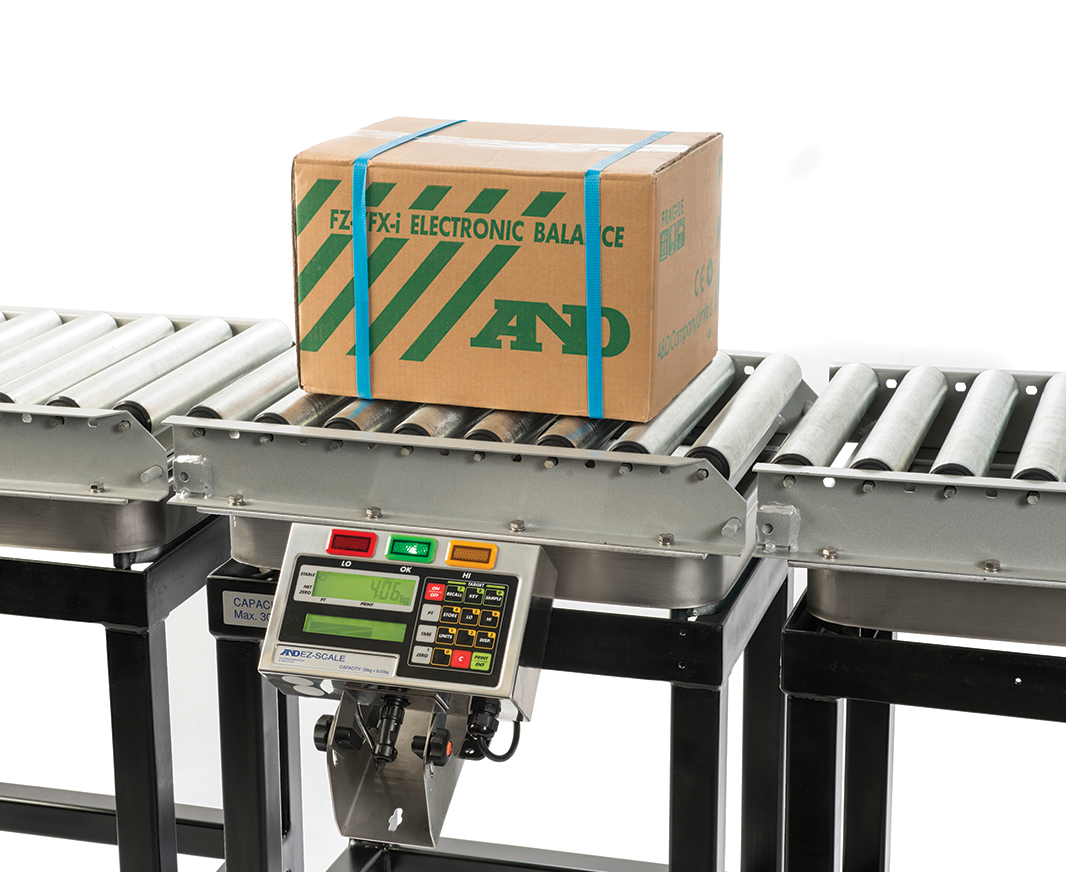In the highly competitive world of manufacturing and packaging, efficiency, accuracy, and quality control are key factors that drive success. One of the most essential tools for achieving these goals is the checkweigher. A checkweigher is an automated machine used to verify the weight of packaged goods, ensuring that each product meets predefined weight standards. This technology plays a critical role in maintaining product consistency, minimizing waste, and ensuring compliance with industry regulations.
1. Enhanced Quality Control
Quality control is a top priority for any business involved in the production and packaging of goods. One of the primary functions of a checkweigher is to ensure that each product is within the specified weight range. Products that are either underweight or overweight can lead to customer dissatisfaction, product recalls, and financial losses.
A checkweigher can accurately measure the weight of each item on the production line and automatically reject any that fall outside the acceptable range. This level of precision helps maintain consistent product quality, which is crucial for building and maintaining customer trust. By ensuring that every package meets weight specifications, businesses can avoid costly errors and maintain a high level of customer satisfaction.
Furthermore, checkweighers provide valuable data that can be used to identify trends or patterns in production. For instance, if a particular product consistently fails to meet weight specifications, the data collected by the checkweigher can help pinpoint the source of the problem, whether it be a malfunctioning machine, incorrect settings, or human error. This allows for timely corrections and prevents the issue from escalating, further enhancing quality control.
2. Compliance with Industry Regulations
In many industries, adhering to strict weight regulations is not just a matter of quality control but also a legal requirement. Regulatory bodies impose stringent standards to ensure that consumers receive the correct amount of product as stated on the packaging. Failing to comply with these regulations can result in severe penalties, including fines, product recalls, and damage to a company’s reputation.
Checkweighers play a vital role in ensuring compliance with these regulations by providing accurate and reliable weight measurements. By automatically rejecting any products that do not meet the required weight standards, checkweighers help companies avoid the risk of non-compliance. This is especially important in industries such as food and pharmaceuticals, where accurate dosing and packaging are critical for consumer safety.
In addition to ensuring compliance, checkweighers can also help businesses prepare for audits and inspections. The data collected by the checkweigher can be used to generate reports that demonstrate compliance with industry standards, making it easier to pass inspections and maintain certification.
3. Cost Savings and Waste Reduction
Waste reduction is a significant concern for many manufacturing and packaging businesses. Overfilling products can lead to increased production costs, as more raw materials are used than necessary. On the other hand, underfilling can result in rejected products and customer complaints, leading to additional costs.
Checkweighers help to minimize waste by ensuring that each product is filled to the correct weight. By accurately measuring the weight of each item, checkweighers can identify products that are overfilled or underfilled and remove them from the production line. This reduces the amount of wasted product and helps to optimize the use of raw materials.
Moreover, the data provided by checkweighers can be used to fine-tune production processes, further reducing waste. For example, if the checkweigher detects a trend of overfilled products, adjustments can be made to the filling machines to correct the issue. This not only reduces waste but also helps to lower production costs, leading to significant savings over time.
4. Increased Efficiency and Productivity
In today’s fast-paced manufacturing environment, efficiency and productivity are crucial to staying competitive. Checkweighers contribute to increased efficiency by automating the weight-checking process, allowing production lines to operate at higher speeds without compromising accuracy.
Traditional manual weight checks are time-consuming and prone to human error, which can slow down the production process and lead to inconsistencies in product quality. Checkweighers eliminate the need for manual checks by providing real-time weight measurements as products move along the production line. This allows for faster processing times and reduces the likelihood of errors, leading to a more streamlined and efficient operation.
Additionally, checkweighers can be integrated with other automated systems, such as filling machines and labeling machines, to create a fully automated production line. This level of automation reduces the need for manual intervention, freeing up employees to focus on other tasks and increasing overall productivity.
5. Data Collection and Analysis for Continuous Improvement
In the age of Industry 4.0, data-driven decision-making is becoming increasingly important for manufacturers looking to optimize their operations. Checkweighers are equipped with advanced data collection and analysis capabilities, providing valuable insights into the production process.
The data collected by checkweighers can be used to monitor the performance of the production line, identify areas for improvement, and make data-driven decisions to enhance efficiency and quality. For example, by analyzing weight data, manufacturers can detect trends or patterns that indicate potential issues, such as equipment malfunctions or inconsistent filling processes. This allows for proactive maintenance and adjustments, reducing downtime and preventing costly production errors.
Furthermore, the data provided by checkweighers can be used to track key performance indicators (KPIs) and measure the effectiveness of continuous improvement initiatives. By regularly reviewing this data, manufacturers can identify opportunities for further optimization and drive ongoing improvements in their operations.
Conclusion
Checkweighers are an invaluable tool for any business involved in the manufacturing and packaging of goods. By enhancing quality control, ensuring compliance with industry regulations, reducing waste, increasing efficiency, and providing valuable data for continuous improvement, checkweighers play a critical role in optimizing packaging lines. Investing in a high-quality checkweigher can lead to significant benefits, including cost savings, improved product quality, and increased customer satisfaction, ultimately contributing to the long-term success of the business.





Comments